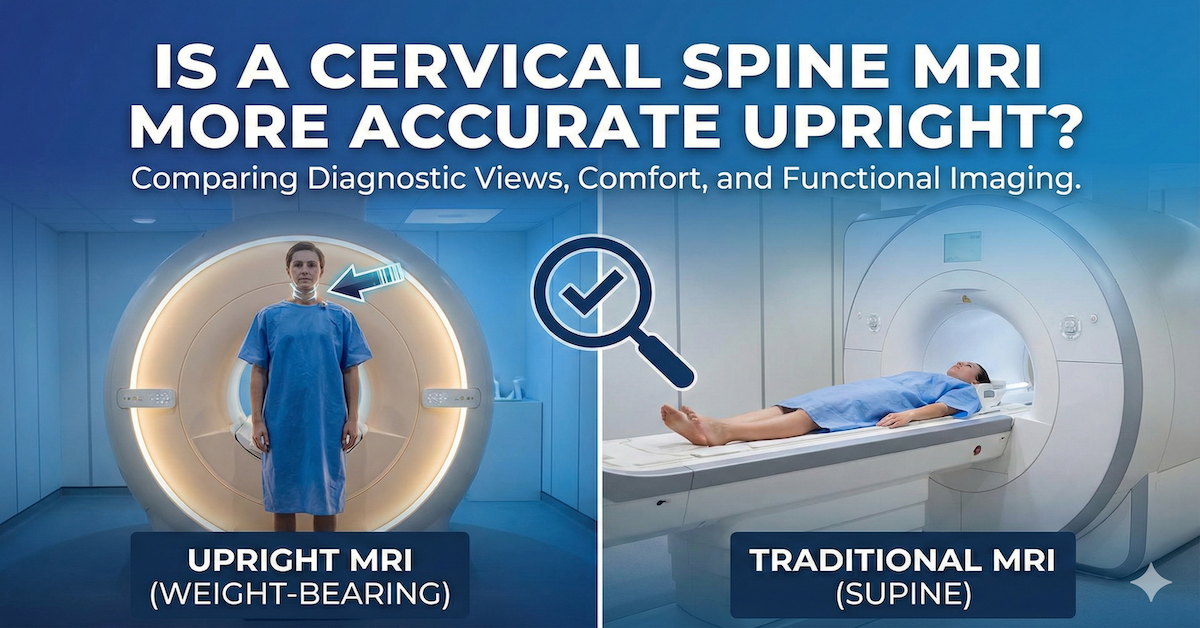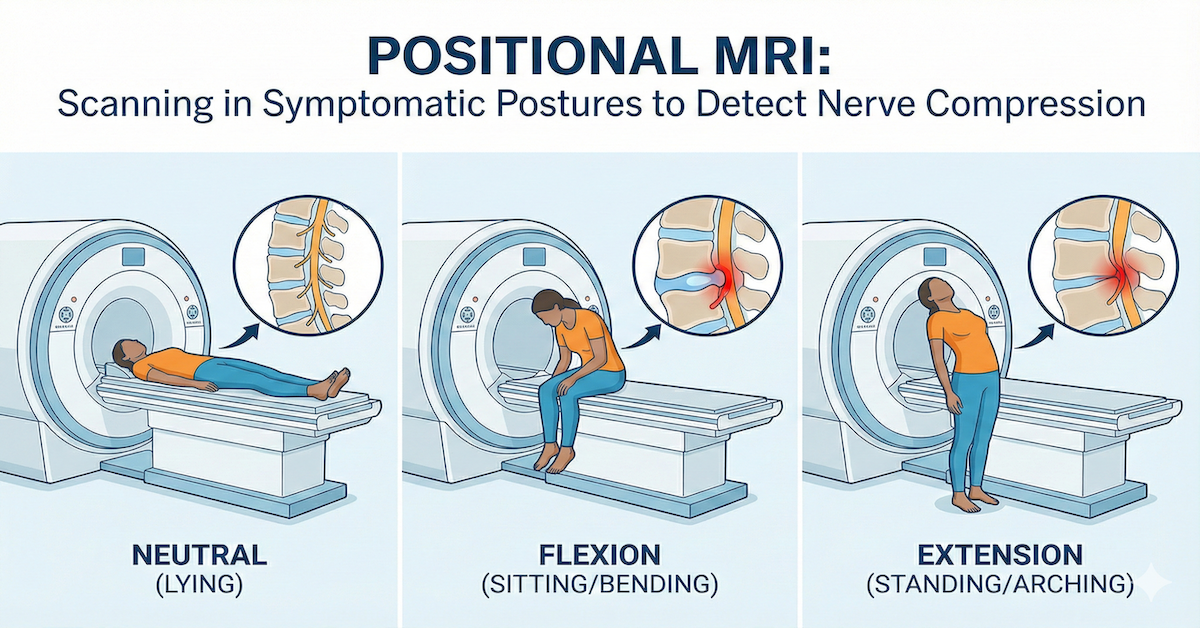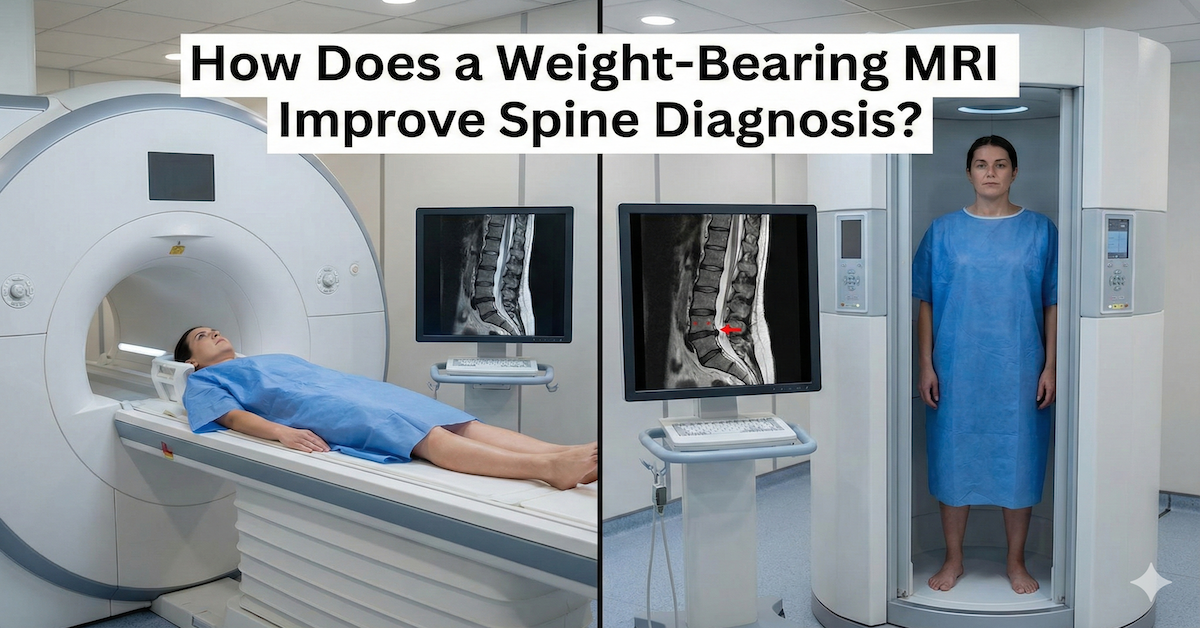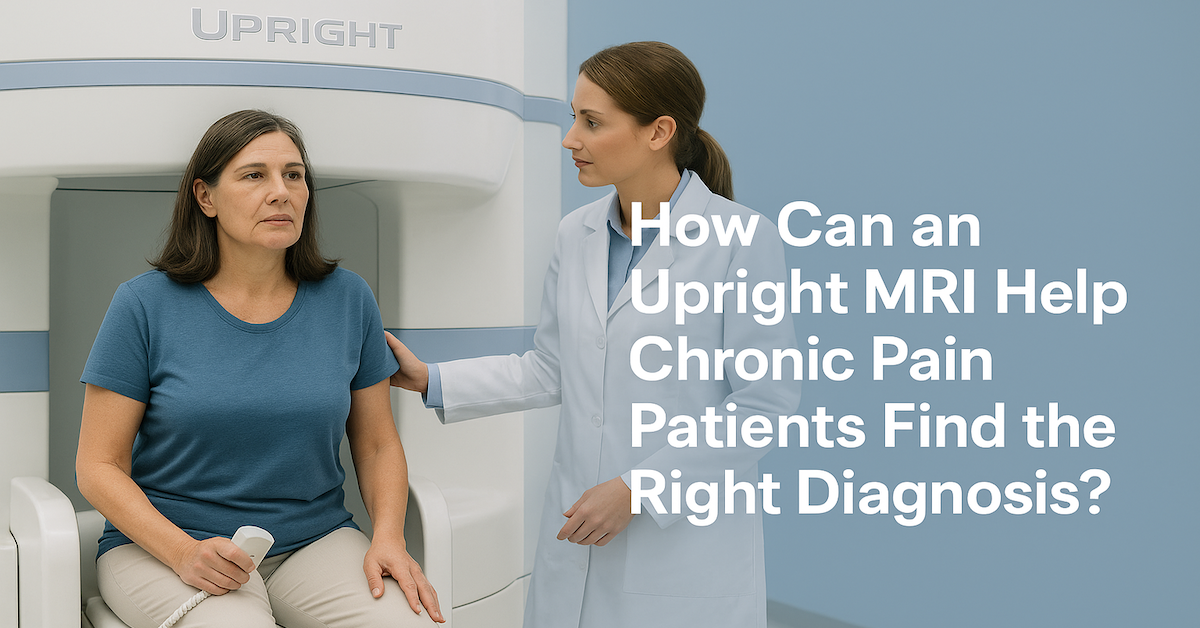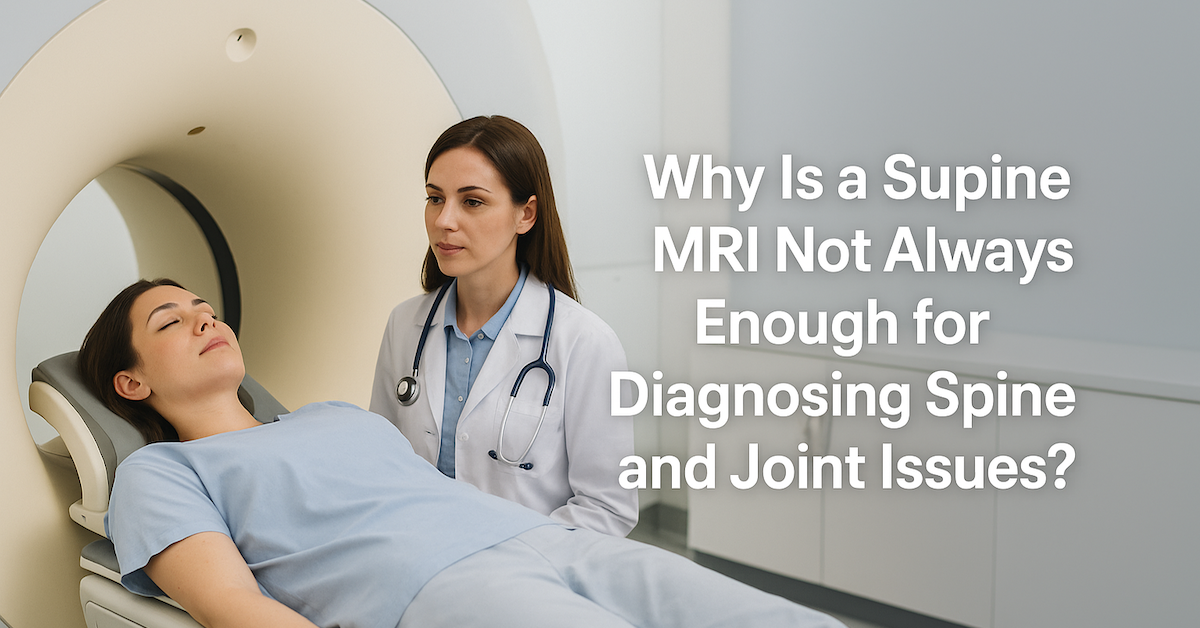How Does MRI Imaging Help Unlock the Secrets of Pelvic Health?
MRI imaging has revolutionized how medical professionals diagnose and monitor various health conditions, particularly in the pelvic region. Known for its detailed, high-resolution images, MRI (Magnetic Resonance Imaging) offers a non-invasive way to assess complex issues affecting the pelvic area. With its ability to provide insights that other imaging techniques often miss, MRI has become a cornerstone in managing pelvic health. Here’s how this advanced technology helps unlock the secrets of pelvic health.

What is MRI Imaging for Pelvic Health?
MRI uses powerful magnets and radio waves to create highly detailed images of the internal structures of the body. For pelvic health, it focuses on capturing images of critical organs such as the bladder, reproductive organs, and rectum, along with surrounding tissues and bones.
What sets MRI apart is its ability to produce cross-sectional views from multiple angles, offering a comprehensive picture of the pelvic region. Unlike X-rays or CT scans, MRI does not use radiation, making it a safer option for many patients. This technology is particularly valuable for diagnosing complex or overlapping conditions in the pelvic area.
Conditions Diagnosed with MRI Pelvic Imaging
MRI scans are a powerful diagnostic tool for various pelvic health issues. In reproductive health, they are often used to detect conditions like uterine fibroids, ovarian cysts, and endometriosis. For men, they are instrumental in diagnosing prostate-related concerns, such as benign prostatic hyperplasia or cancer.
Chronic pelvic pain, a condition that can have numerous underlying causes, often requires the detailed imaging that MRI provides. Whether the pain stems from musculoskeletal problems, nerve damage, or inflammation, an MRI scan can help pinpoint the source. Additionally, MRIs are essential in cancer detection, particularly for cervical, prostate, or rectal cancers, as they help determine the location and stage of the disease.
Bladder and urinary issues, such as interstitial cystitis or structural abnormalities, are also commonly evaluated using MRI, as the images provide clarity that other diagnostic tools may not.
Benefits of MRI Imaging in Pelvic Health
MRI offers several advantages that make it a preferred choice for pelvic diagnostics. Its ability to capture high-resolution, multi-plane images gives doctors a detailed look at the structures in the pelvis. This level of detail is crucial for identifying subtle abnormalities that may not be visible with other imaging methods.
Another key benefit is that MRI is completely non-invasive and painless. Patients don’t need to worry about discomfort during the procedure, and there’s no exposure to radiation. Additionally, the clarity of the images allows for early and accurate diagnosis, which is essential for effective treatment planning.
MRI scans also play a significant role in treatment planning and monitoring. Whether it’s preparing for surgery or evaluating the effectiveness of ongoing treatments, the detailed images help doctors make informed decisions tailored to each patient’s needs.
The Process of a Pelvic MRI Scan
The process of a pelvic MRI is straightforward and designed with patient comfort in mind. Before the scan, you may be asked to remove any metal objects and change into a gown to avoid interference with the magnetic field. If your scan requires a contrast agent, the technician will administer it to enhance the image clarity.
During the procedure, you’ll lie on a cushioned table that slides into the MRI machine. At facilities like Upright MRI of Deerfield, you may have the option of an open or upright MRI, which can reduce feelings of claustrophobia and make the experience more comfortable. The scan typically takes 30 to 60 minutes, during which you’ll need to remain still to ensure clear images. The technician will communicate with you throughout the process to address any concerns.
Limitations and Considerations
While MRI is a highly effective diagnostic tool, it’s not suitable for everyone. Patients with certain metal implants, pacemakers, or other devices may not be eligible for an MRI due to the strong magnetic field. Additionally, the use of contrast agents, though generally safe, may not be suitable for individuals with allergies or kidney issues.
Another consideration is the cost of an MRI, which can be higher than other imaging methods. However, the accuracy and detail it provides often justify the expense, particularly for complex conditions. Facilities like Upright MRI of Deerfield work with patients to ensure the process is as accessible and stress-free as possible.
How MRI Imaging Contributes to Ongoing Pelvic Health
Beyond diagnosis, MRI plays a crucial role in monitoring and managing pelvic health over time. For chronic conditions like endometriosis or pelvic organ prolapse, regular scans help track disease progression and evaluate treatment effectiveness.
MRI also aids in post-treatment assessments. For instance, after surgery or therapy, an MRI can confirm whether the procedure was successful and ensure there are no complications. This ongoing insight allows doctors to adjust treatment plans as needed, ensuring the best outcomes for their patients.
Future Advancements in MRI for Pelvic Health
The future of MRI imaging looks promising, with advancements like functional MRI (fMRI) and higher-resolution imaging on the horizon. These innovations will allow even more precise evaluations of pelvic health, helping to diagnose conditions earlier and with greater accuracy.
Additionally, the integration of AI and machine learning is expected to streamline the analysis of MRI data, providing faster and more accurate results. This could expand the use of MRI in diagnosing conditions like pelvic floor dysfunction and improve personalized care for patients.
Conclusion
MRI imaging is a game-changer in the world of pelvic health diagnostics. Its ability to provide detailed, non-invasive insights makes it an invaluable tool for both patients and doctors. Whether it’s diagnosing complex conditions, monitoring chronic issues, or planning treatments, MRI helps unlock a deeper understanding of pelvic health.
At Upright MRI of Deerfield, we specialize in providing patient-centered care with advanced imaging technology. Our team is dedicated to making your MRI experience as comfortable and effective as possible. If you’re looking for answers about your pelvic health, consider scheduling an MRI with us today.
SHARE THIS POST:
Leave a Comment:

The World's Most Patient-Friendly MRI. A comfortable, stress-free, and completely reliable MRI scan. We offer patients an open, upright, standup MRI experience that helps those who are claustrophobic and stress being in a confined area. Upright MRI of Deerfield is recognized as the world leader in open MRI innovation,
Our Recent Post
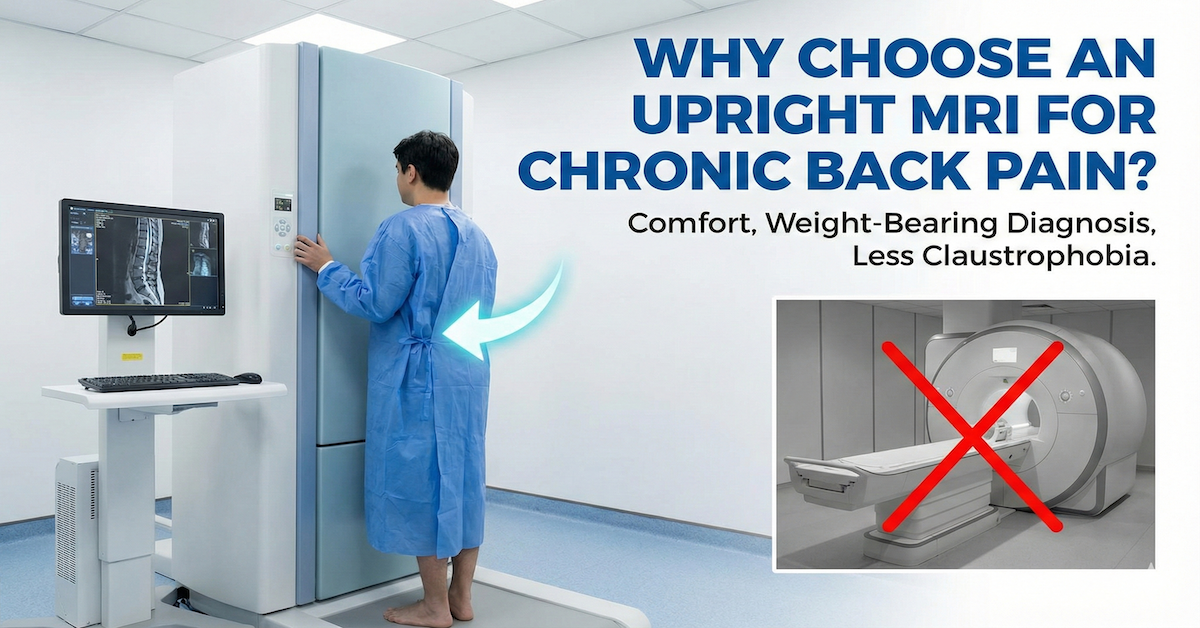
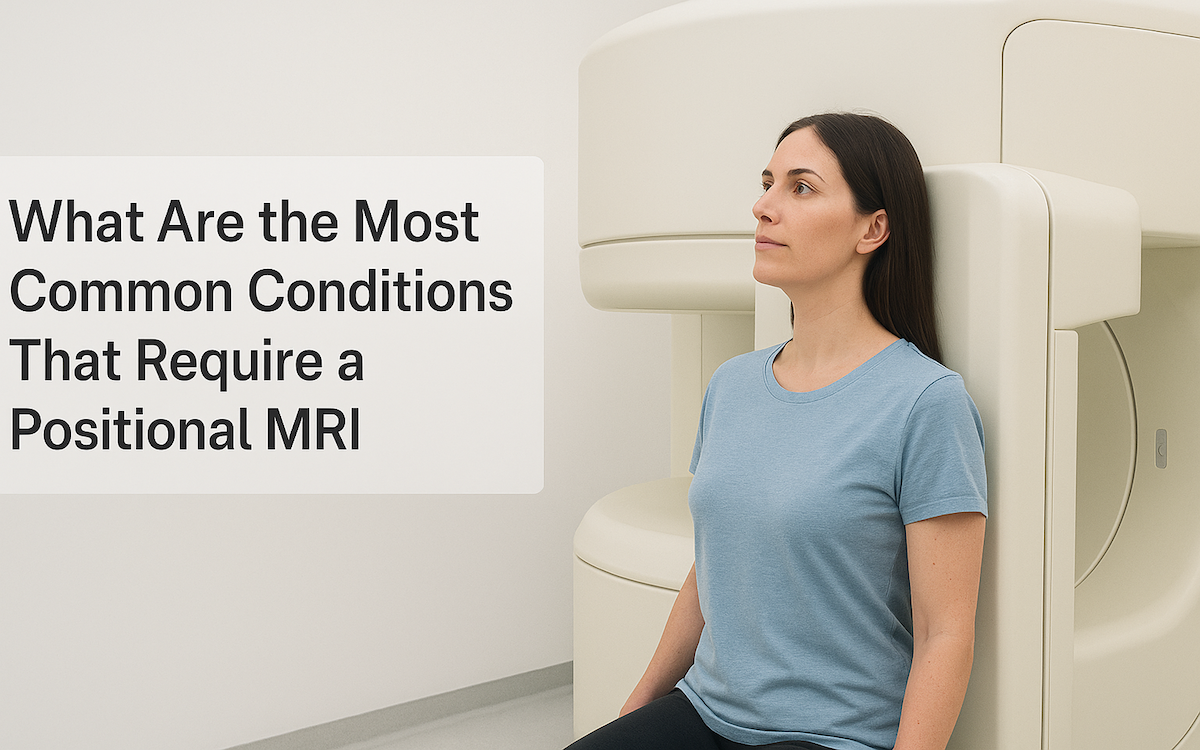
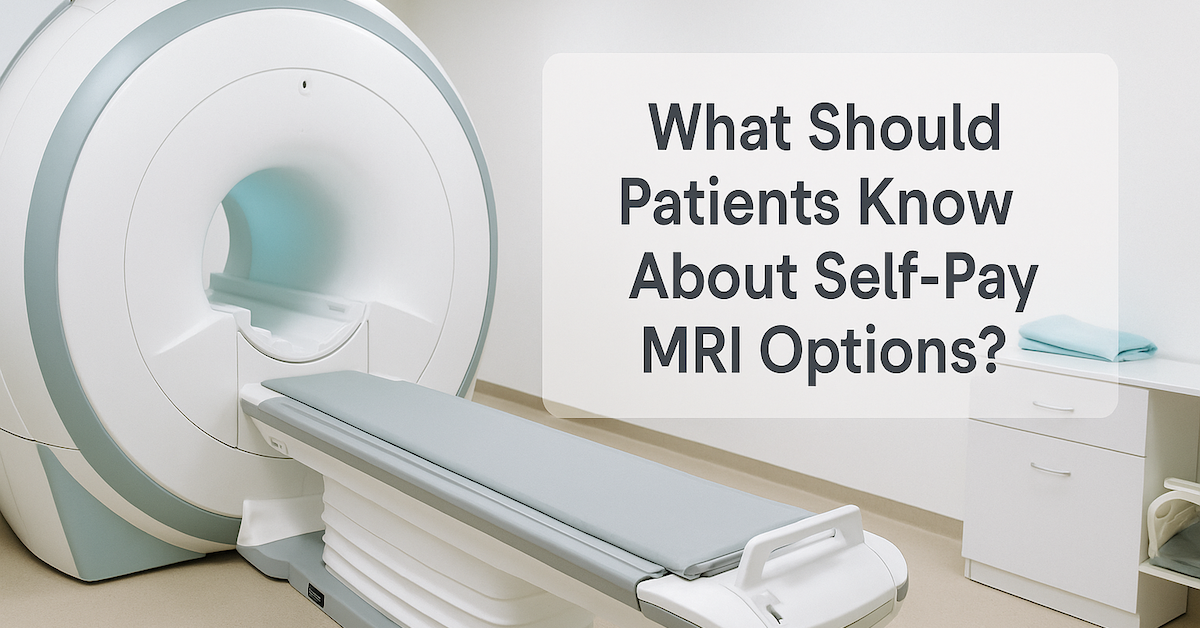
READ PATIENT TESTIMONIALS
Upright MRI of Deerfield.
Susan D.,
Highland Park, 39
I am going to tell everyone about your office! This was a great experience after I panicked in other MRI machines and had to leave. Thank you so much.

Judith B.,
Milwaukee, 61
I suffer from vertigo and other MRIs do not work. This was wonderful…absolutely NO discomfort at all. The MRI was so fast…I wanted to stay and watch the movie! Mumtaz was great. His humor really put me at ease. I’ve already recommended Upright MRI to friends.

Delores P.,
Glencoe, 55
Everything is so nice and professional with your place. I have been there a couple of times. My husband and I would not go anywhere else.


